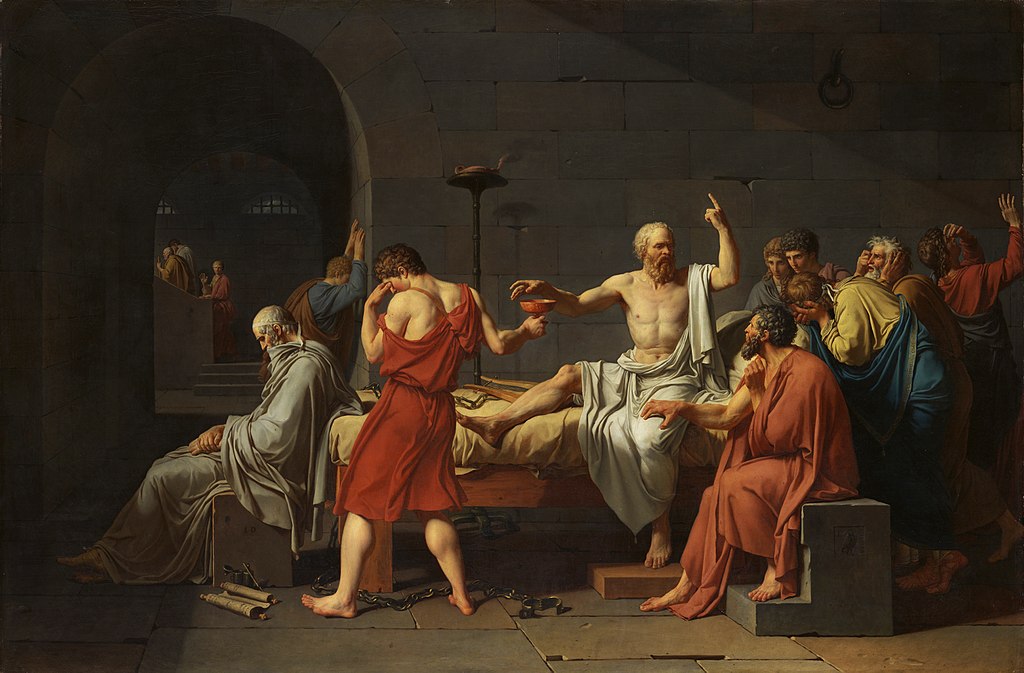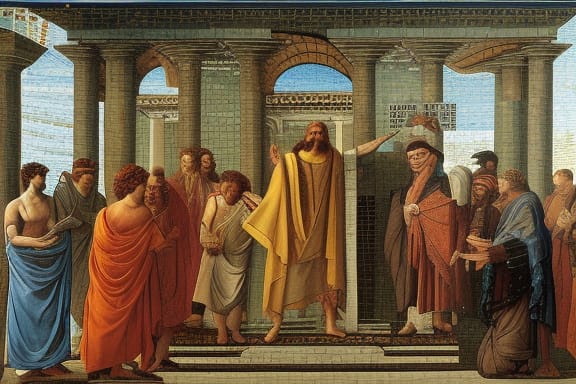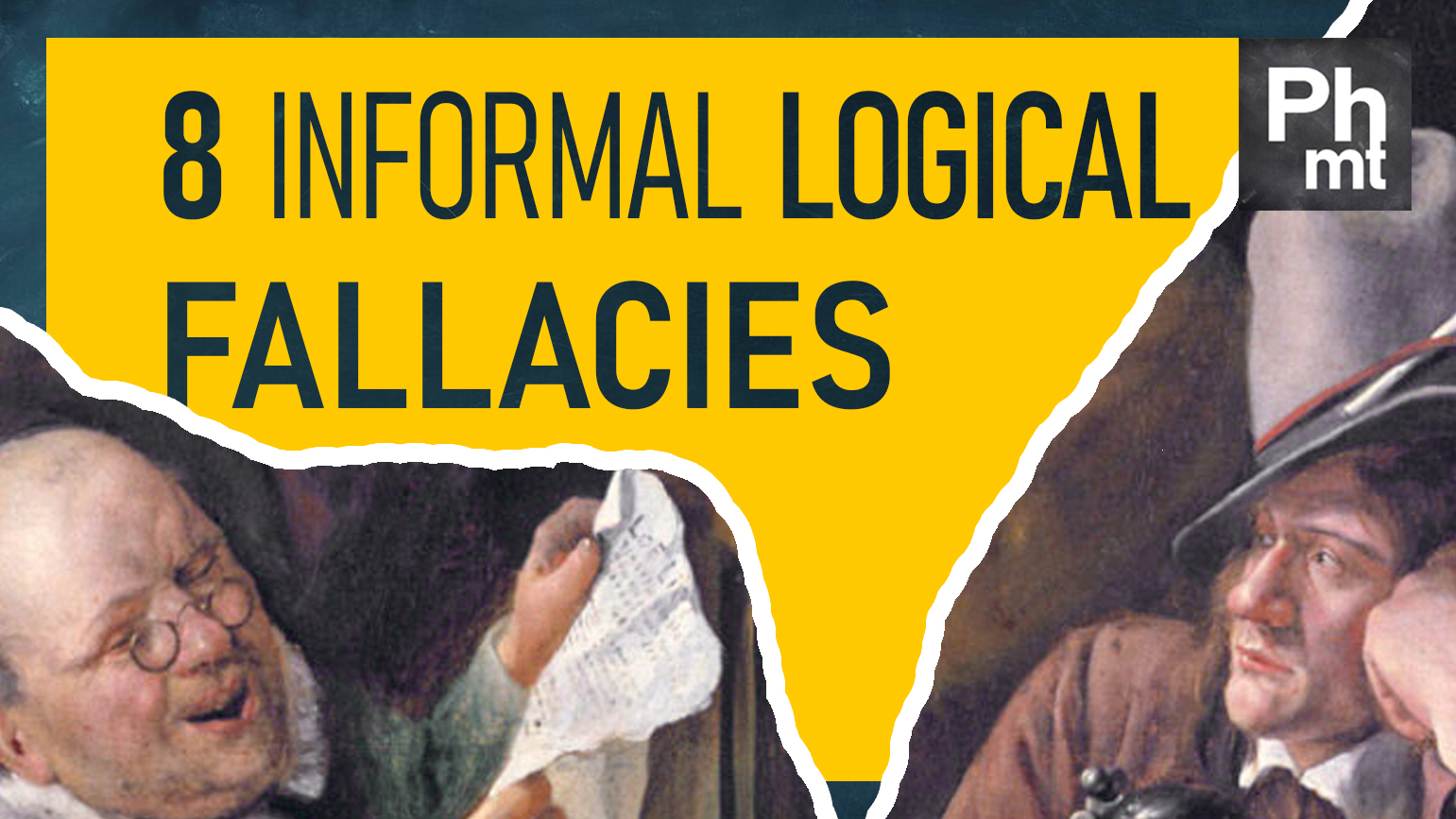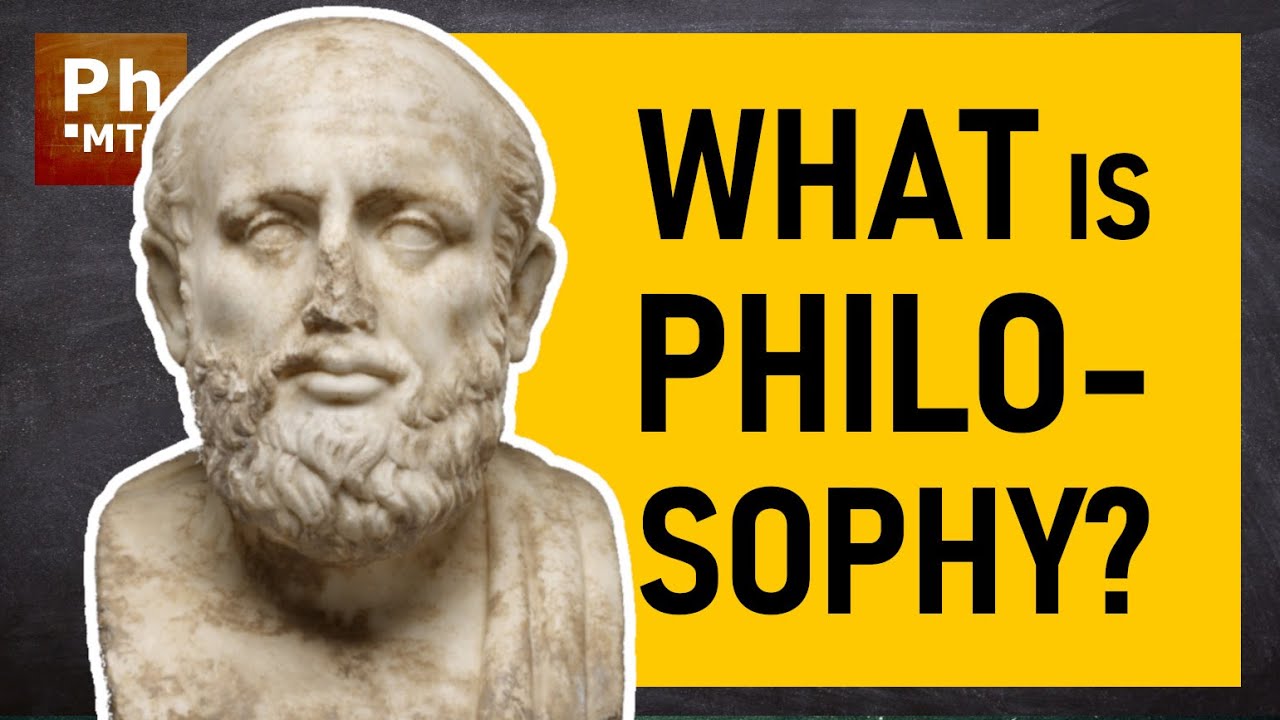Wisdom and the Socratic method
Socrates lived around four centuries BC, and his fame has far surpassed his living years. He never wrote any of his own ideas down. However, he is mainly remembered through the works of his equally eminent follower, Plato. In fact, Socrates appears as the main character in most of the approximately 30 dialogues written by Plato. We can speculate where the historical Socrates ends and Plato’s Socrates begins. Truth is, however, we can’t draw a sharp line. Plato was a philosopher, not a historian in the current sense. We can, however, learn a lot about Socrates from studying Plato’s dialogues. Socrates challenges people’s beliefs, raising questions and doubts about how solid those beliefs are.
How important is Socrates?
By the time Socrates was active, philosophical activity had already been going for a few centuries.
Today split ancient philosophy into two broad categories: before and after Socrates. We call the one before pre-Socratic, while the one after includes Socrates himself and the eminent Plato and Aristotle.
Early philosophers, the pre-Socratic philosophers, were mostly preoccupied with metaphysics, a type of philosophy that concerns existence, reality, and the nature of things that exist, asking questions such as “what is everything made of?”.
How is Socrates different from those who came before him? While he also spoke in depth about the nature of reality and existence, he also prompted a change. He would discuss diverse concepts such as metaphysics, ethics, and teleology, the study of goals, or ends.
Through his teaching and lectures, Socrates forced individuals to examine basic human values and ethics. He asked questions such as:
- What does it mean to be moral?
- What is the true nature of human ethics?
- How should one live his or her life?
For Socrates, reason can be used to discover truth about morality. He is a moral absolutist: there is one, absolute moral truth. This contrasts with relativist views, views that describe truth as relative, like the sophists did. Truth for Socrates is NOT relative. It is absolute. It does not change according to context. If lying were wrong, it would have been wrong always and everywhere. It will also be wrong among different peoples, or in different contexts. Truth is real. The Euthyphro dialogue gives us a good example of Socrates’ belief that the qualities that make morality are real. Truth is same everywhere, any time. So is morality. So is virtue.
What is virtue?
Virtue is acting right, acting according to high moral standards.
Virtue, for Socrates, is linked to knowledge. Knowledge is knowing what good means. Virtue is acting right. We can act right by knowing what good means – in other words, we can act virtuously by having knowledge. Knowledge is something that can be taught and learned. So is virtue.
Socrates’ Love of Wisdom
Socrates died at the age of 71, after being sentenced to death for, “corrupting the youth” and “not believing in the gods of the city of Athens”. He taught people to question authority, how to question assumptions, how to challenge a status quote, and this did not go down too well with the higher ranks of society, who must have felt threatened by his teachings. In The Apology, one of Plato’s books, Socrates offers his defence against these accusations. When his friends suggest he escape prison with his life, he famously quips that “The unexamined life is not worth living”.
He was offered the chance to escape, to stay alive and possibly in hiding. But that would have also meant he’d have spent the rest of his days in exile. An old man over 70, he would have spent his twilight years unable to do what he loved.
He would rather drink poison and die than live an unexamined life. Only in undertaking the effort to come to know and understand ourselves do our lives come to mean anything. True knowledge is the knowledge of eternal truths, knowledge of the world of forms, of ideas. Eternal truths are universal definitions of key concepts such as virtue, good, and evil.
Philosophy, talking to people, challenging assumptions, questioning beliefs: that is a life well-lived.
What is the Socratic method?
Also known as dialectic, the Socratic method is Socrates’ method of extracting knowledge. It is based on two or more sides holding different viewpoints about some subject. They then try to establish the truth by using reasoned arguments. Often, by the end of the dialogue we will still not have an affirmative answer of what something truly means. However, along the way, we will come to realise at least two interesting, eye-opening points:
First. What we thought we knew, we know not. The more we learn, the more acutely we become aware of our own ignorance.
Second. By eliminating unfounded or conflicting assumptions and beliefs, we start to form an idea of what something is not. This does not yield a positive assertion about what something is. It does, however, narrow down the possibilities of what something is not. Imagine you were asked to explain rainbows and you’re not at all a scientific person. You are fairly certain, however, that rainbows are not made of unicorns’ burps or angels’ breaths. Even lacking the scientific knowledge to explain rainbows, we can assert some things that they are not. This is called the apophatic process.
As mentioned, wisdom springs from an awareness of our own ignorance, our understanding of the limits of our knowledge; we become painfully aware that we know only that which we know.




